Even if you know how to spot an air marshal, most of the flights you’ll take in your life won’t have one on board. Air marshals, sometimes also called sky marshals, ride on only a small percentage of flights each day.
If you’d like to learn how to spot an air marshal, you can usually at least narrow your suspects down to a few possibilities:
- No luggage
- Inappropriate clothing for the weather
- Late boarding
- Seated in an aisle seat in the last row
- Traveling alone
- Doesn’t sleep
- And more…
Wait. That sounds awfully similar to how I travel. I guess the only thing that prevents me is from being suspected of being a federal air marshall is that I’m usually recording pics and videos of everything for my trip reports. The fact that I’m really skinny and would have difficulty wrestling an 80 lb old lady to the ground is probably a dead giveaway as well.
How to spot an air marshal (the 7 most obvious signs)
Air marshals purposefully blend in as much as they can so no one can tell who they are. If you spot someone who exhibits any one of these signs, it probably doesn’t mean anything. If one passenger meets several of these criteria, however, you may have spotted an air marshal. Either that or you’ve spotted a super-dorky travel blogger such as myself. It’s hard to tell really.
1. Last-minute boarding
Most people boarding at the last minute are nothing to be suspicious about, but you never know. One of them could be an air marshal since they typically board shortly before the plane departs.
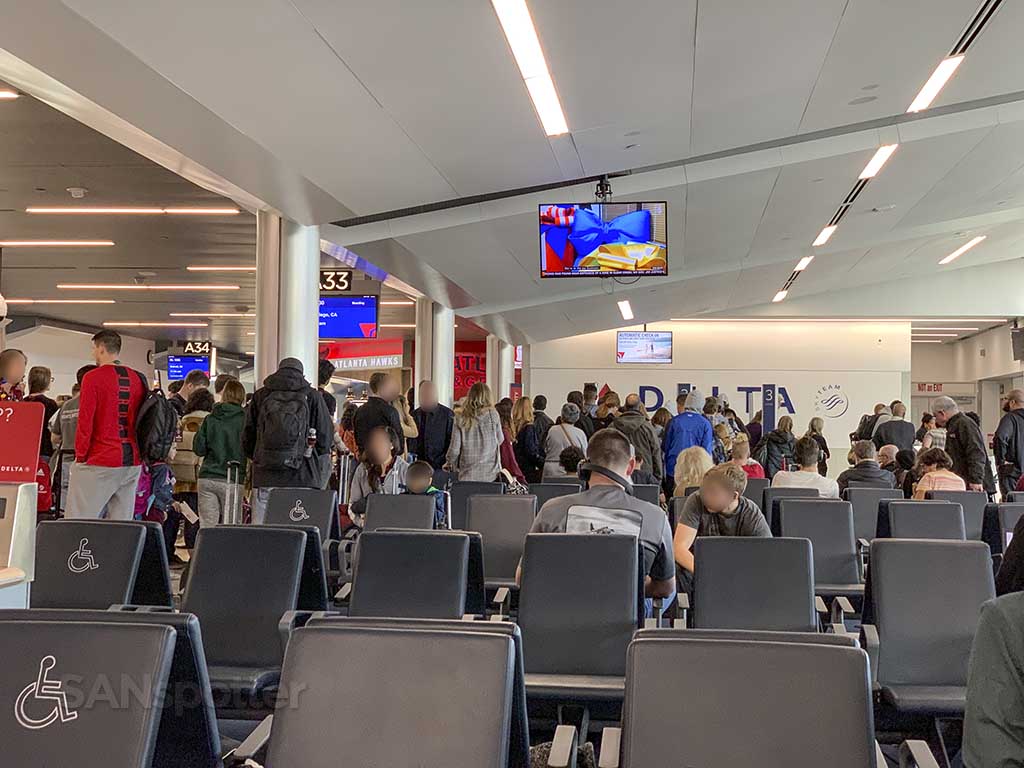
2. Inappropriate clothing
Clothing that doesn’t match the season, like someone with a coat on a flight out of a warm climate, could be a sign of an air marshal. They may have flown there from a cold region and are on their return trip.
Air marshals are no longer required to wear specific clothing, like the suits, skirts, and blouses that were part of their dress code in past decades. The dress requirements transitioned to allow casual dress in the mid 2000’s when many believed that the strict dress code could make air marshals easier to spot.
3. Seat location
Most air marshals sit in an aisle seat in the back row or a row as close to the back as possible. Flights typically keep two seats open in the back for this purpose. Most flights with an air marshal will have only one. Under some circumstances, however, they may work in pairs.
At one time, air marshals sat in first class. On today’s flights, they primarily sit in the last row of economy class.
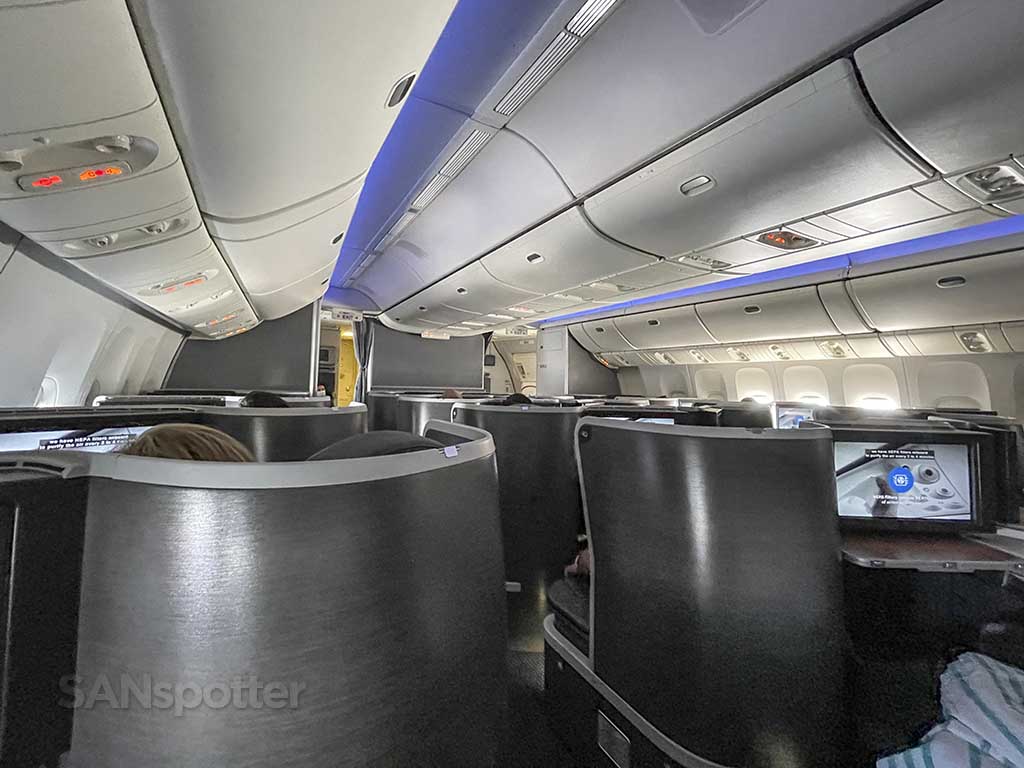
4. No luggage
Air marshals don’t check any luggage. They often carry only a backpack without a briefcase or any other type of carry-on. See what I mean about this sounding exactly how I travel? I never check any bags, and all I take onboard with me is my Swiss Gear backpack.
If you think you might see an air marshal in the terminal, look for familiarity with other TSA agents and things like them getting nodded through checkpoints and skipping the metal detector or body scanners.
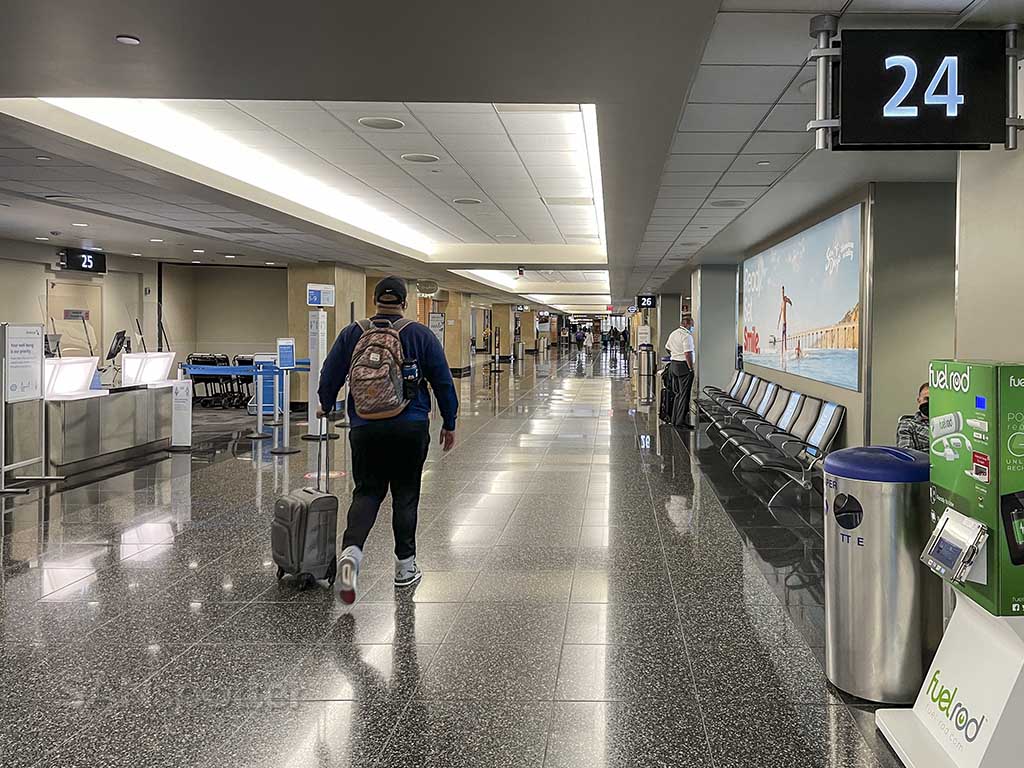
5. Traveling alone
Most air marshals work alone on a flight and won’t have a companion. People fly unaccompanied all the time (as do I), but if the person you suspect of being law enforcement is alone, boards late, and sits in an aisle seat in the back, the odds of that person being an air marshal are much higher.
I’ve talked to people who think that air marshals are used for transporting prisoners on planes. This isn’t true. Air marshals are always alone, and their job is to watch out for potential threats – not to escort prisoners.
6. Doesn’t sleep
Even on long-haul flights, air marshals aren’t allowed to sleep. They have to remain awake and alert at all times to assess threats and react in the case of a potential highjacking.
An actual marshal may appear tired. Flight delays are annoying for passengers, but they can be brutally exhausting for air marshals. Delays and interruptions can mean they have to stay awake many more hours than they anticipated.
Factor in jet lag and how an air marshal may cross time zones multiple times in a week or even a day, and it’s no wonder that air marshals suffer from sleep problems and burnout.
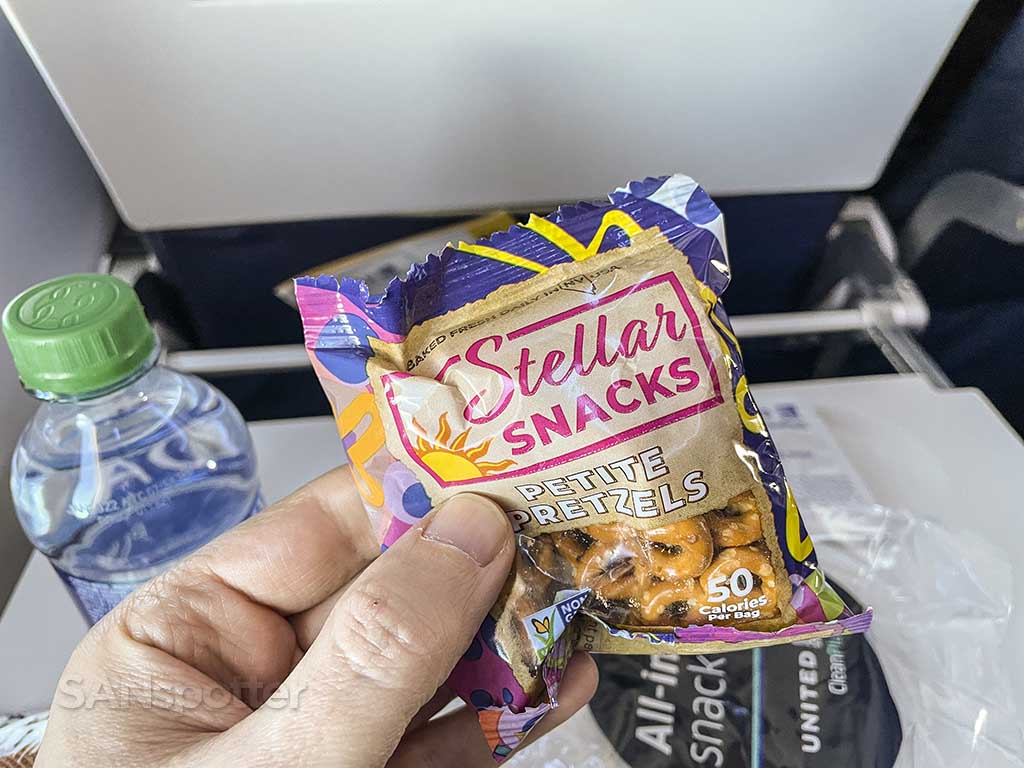
7. Focuses on nervous passengers
It’s hard for anyone to ignore a passenger who’s nervous, twitchy, and unwilling to make eye contact with flight attendants or other passengers. An air marshal’s job is to identify potential threats, and all those behaviors can be suspicious (even if that person is just an anxious first time flyer.)
If someone’s focused on a passenger who seems particularly nervous, it might be an air marshal assessing the situation.
Are air marshals predominantly male or female?
Nobody but the government knows for sure, but it’s likely that a majority of air marshals are male. I’m totally pulling this assumption out of my you-know-what, but my reasoning is simple:
- It’s an occupation that can potentially involve physical altercations with other people (of all size), and males tend to go for this sort of thing more than females do. It’s probably the same reason why most police officers are male.
That being said, one of the primary objectives of an air marshal is to blend in. This means we (ok, “I”) can assume that they need females just as much as males when it comes to filling these roles.
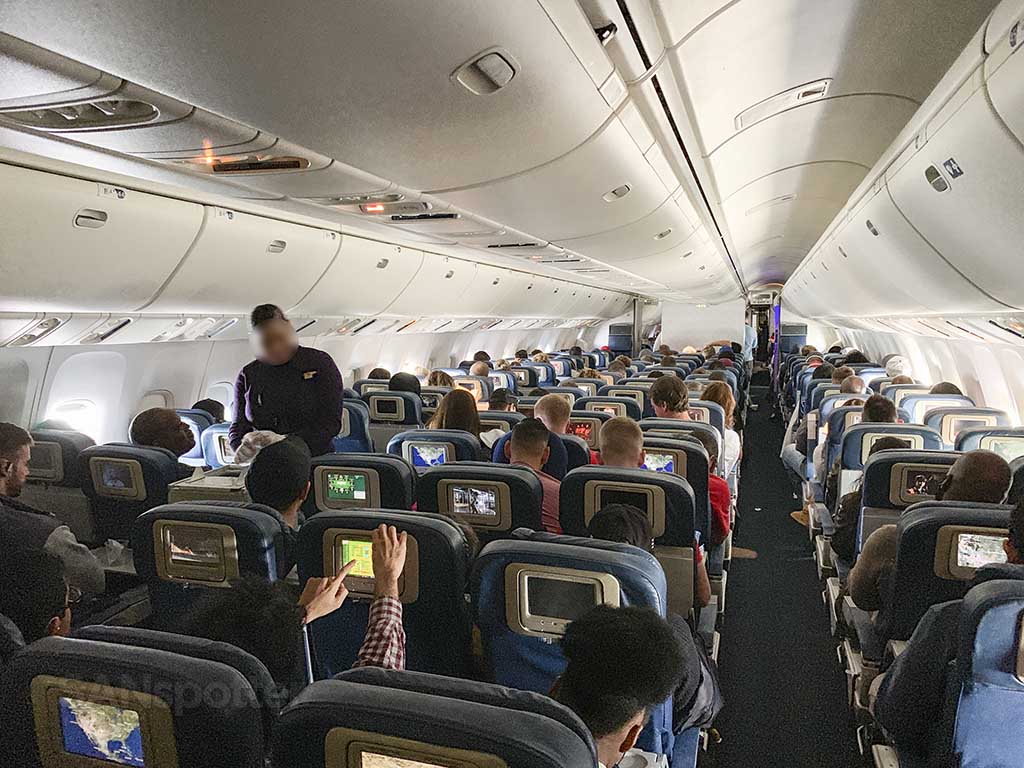
Do’s and don’ts of spotting an air marshal
Each member of the flight crew knows which person, if anyone, is an air marshal. They’re informed because air marshals are armed law enforcement officers. Whenever armed passengers such as police officers or air marshals are on a flight, they’re introduced to the flight crew.
- Flight attendants need to be aware of air marshals. If they suspect a passenger of being a potential problem, they need to know who could help.
- Passengers, however, aren’t supposed to know who they are. Once you figure out how to spot an air marshal, enjoy the satisfaction of knowing (but remember that you don’t know whether you’re correct).
Also, remember that air marshals scan the cabin looking for unusual behavior as part of their job, so try not to draw attention to yourself. Especially if you’re flying with a warrant! If you’ve got a warrant out against you for smuggling blow out of Colombia and into the US, the attention of an air marshal (who can arrange to have customs agents waiting at the gate) is not what you want.
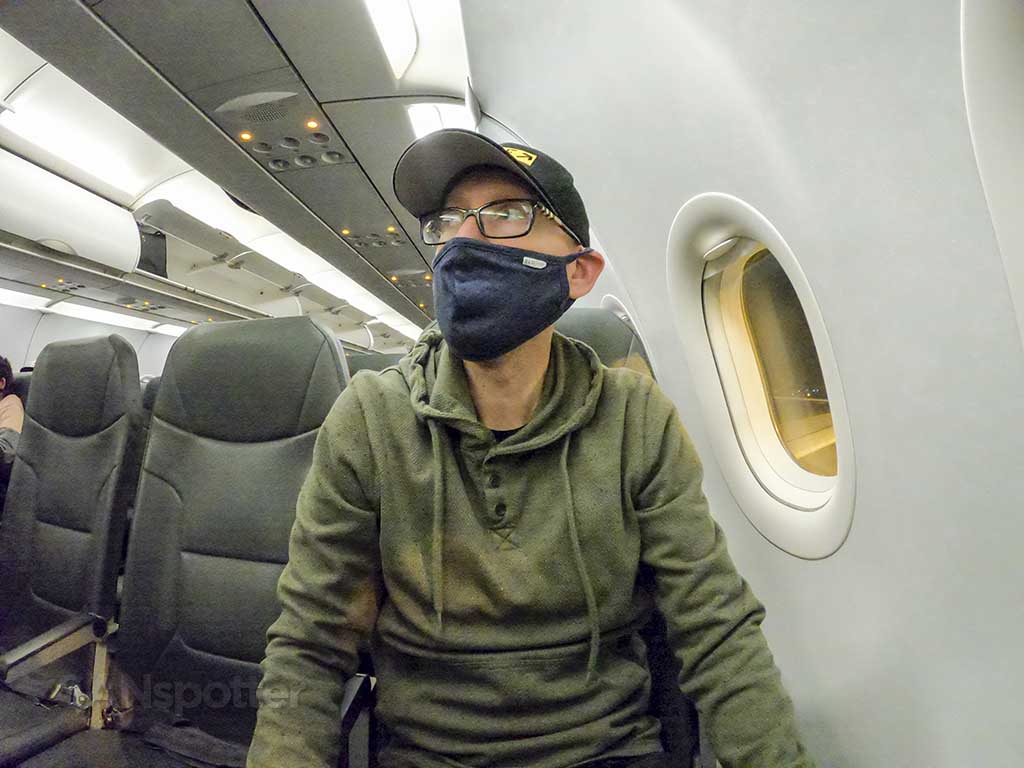
Do be respectful
Air marshals are there to protect you and the flight crew. They’re on your side. Drawing attention to your suspicion that someone might be law enforcement is the worst thing you can do.
- The person you suspect may not be an air marshal, even if any or all of the signs are there.
- It’s simply disrespectful to call out someone who’s supposed to be undercover as a regular passenger.
Don’t point or draw attention to them
If you think you’ve figured out how to spot an air marshal, don’t point and draw attention to them. Enjoy thinking you’ve spotted them, but don’t tell other passengers (even in a whisper). Bragging to all your friends about it later is perfectly ok.
Do enjoy knowing your flight is protected
Federal Air Marshals work for the Department of Homeland Security (DHS). Specifically, they’re employees of the Transportation Security Administration (TSA). They serve the people and protect passengers and crew.
They also work inside airports and other transportation systems to keep travelers safe. Their primary objective on aircraft is anti-terrorism and hijacking prevention.
If you think there’s an air marshal on your flight, enjoy your trip knowing a professional law enforcement officer is there to assist if an emergency were to arise.
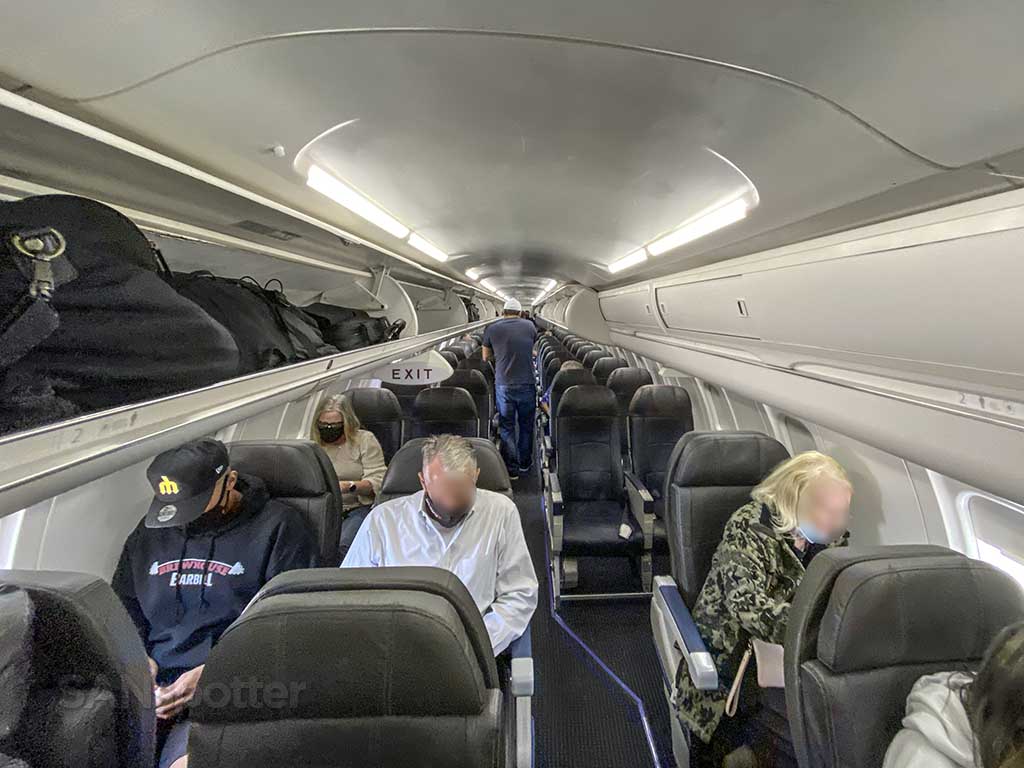
Don’t ask flight attendants if someone is an air marshal
Don’t ask a flight attendant if there’s an air marshal on board or which passenger it might be. If you’ve figured out how to spot an air marshal on your flight, always keep that information to yourself. At least until you get to the bar after the flight. Drunk people love to stories about air marshals.
Even if there’s an air marshal on board, the flight attendant won’t reveal the person’s identity to you. Air marshals have to be incognito so they can spring into action if trouble starts. A flight attendant knows the importance of the air marshal’s anonymity, so you’ll be wasting your time. Also, they may view you suspiciously for asking.
Why are air marshals undercover? If potential terrorists know their identity, they know which person to target first. No one else besides the air marshall on the aircraft may be equipped to stop them.
Revealing the identity of an air marshal can put the marshal’s life and the lives of everyone on board at risk.
Never approach a suspected air marshal
Never approach someone you suspect of being an air marshal to tell them so or ask them questions. Especially overly-scandalous questions such as “do airport scanners detect drugs?”
Anonymity is in place to protect all the passengers and the officer. So not only will they not tell you anything, but they also might wonder why you’re so concerned.
They’ll probably realize you’re curious and proud of the fact that you think you’ve figured out how to spot an air marshal, but they also might flag your interest as suspicious. If you’re super annoying about it, don’t be surprised if you end up duct taped you to your seat.

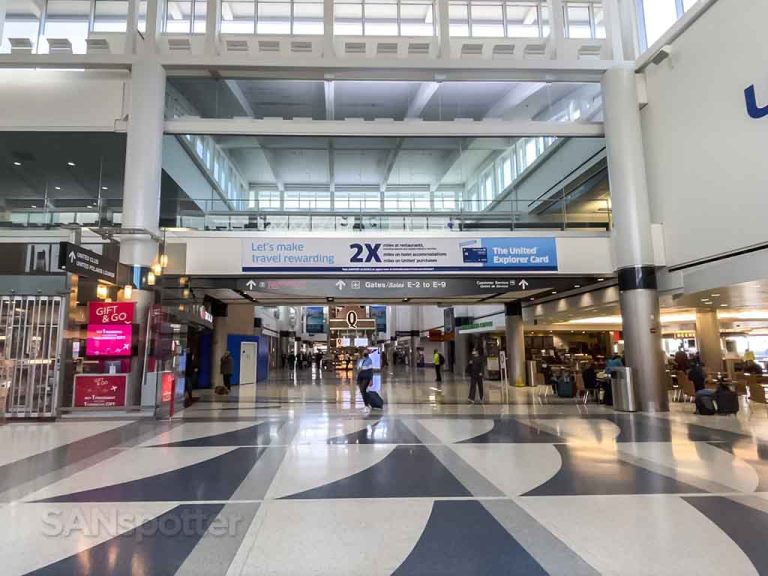
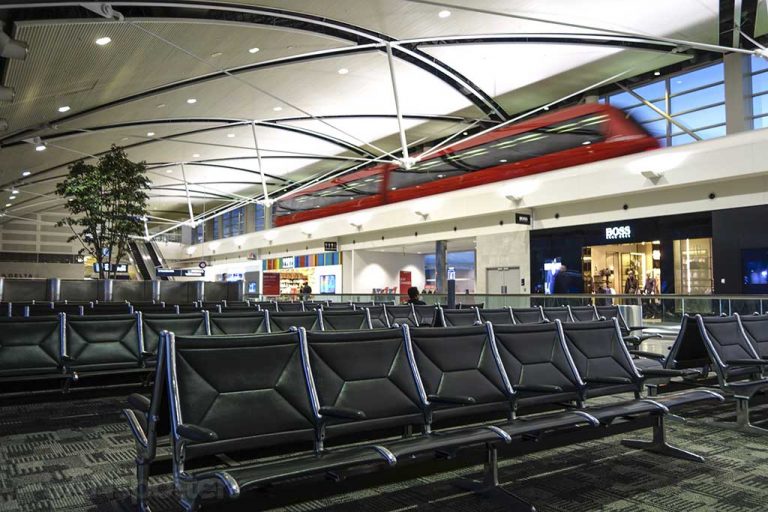

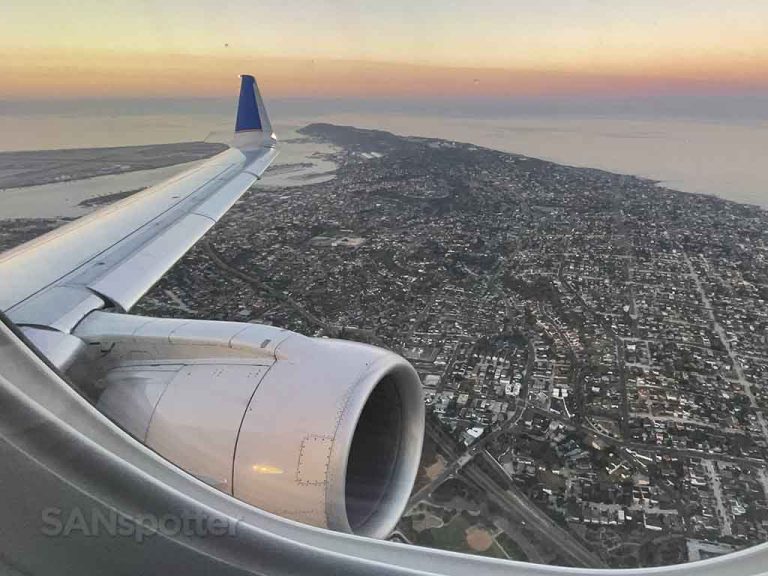
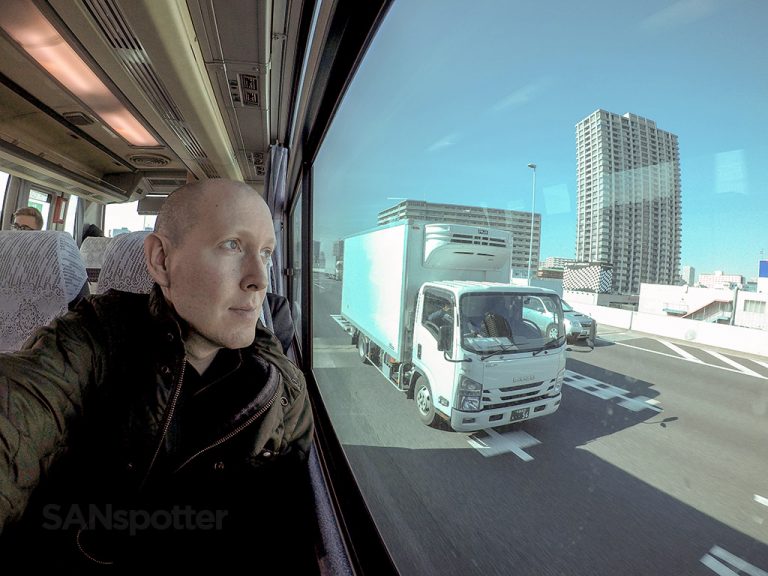
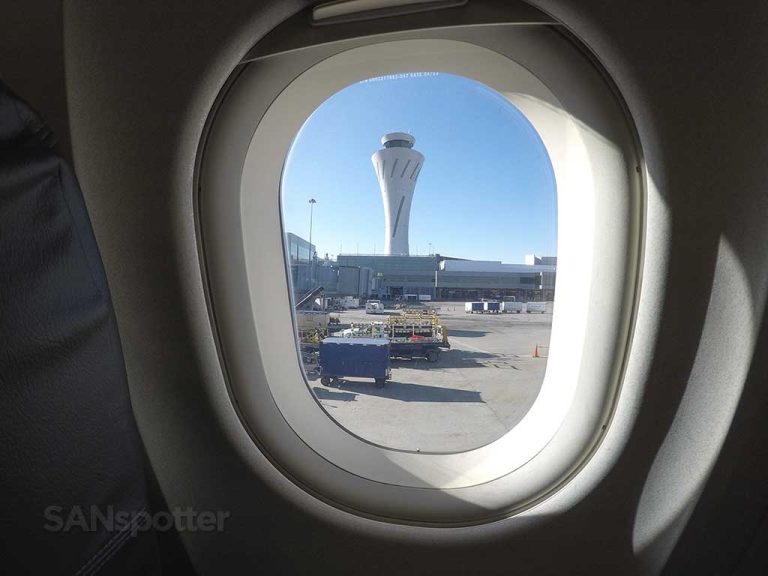
Although air Marshall’s don’t sit together, they don’t travel alone. They can read, watch movies and even take breaks to nap. Their job is to blend and defend and they can be wearing common street clothes. They may have luggage as well.